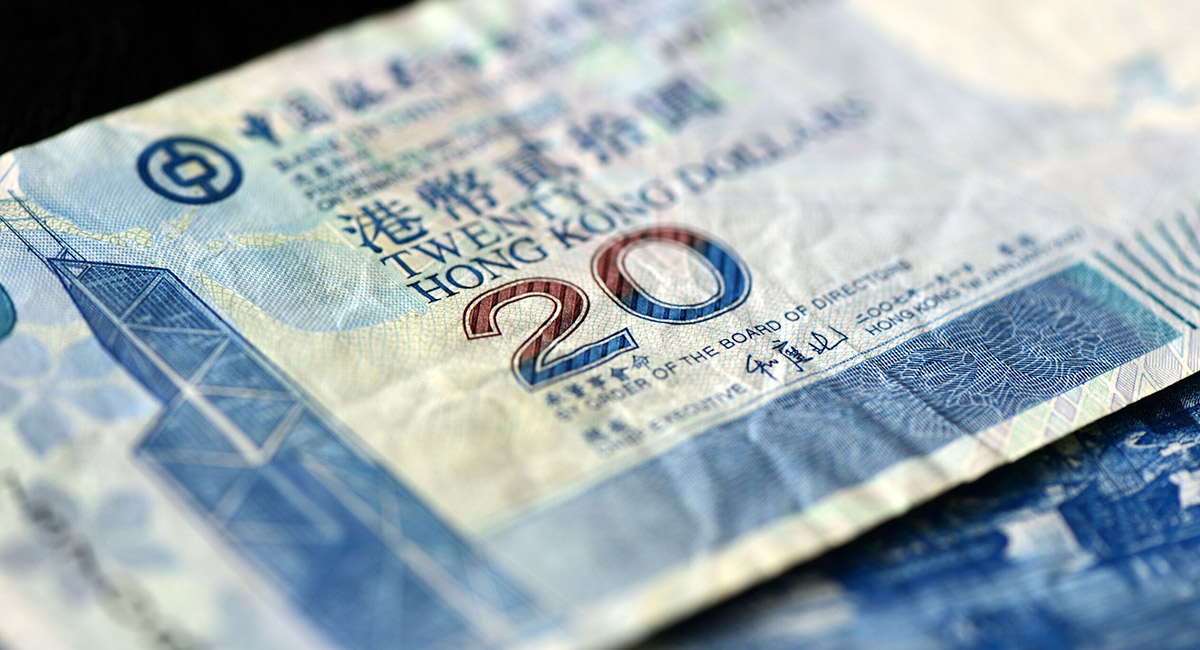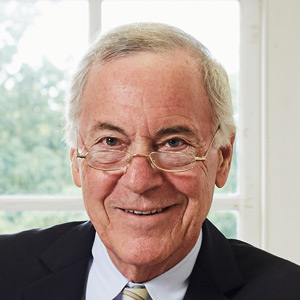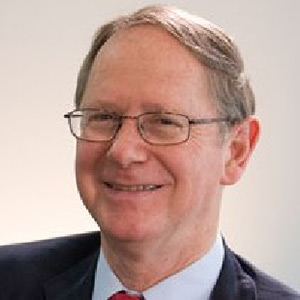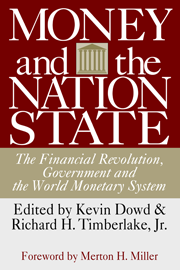Here we go again. The Hong Kong dollar is under attack from speculators. Like past attempts, this latest assault is based on a misunderstanding of Hong Kong’s political, economic and exchange-rate regimes.
Last week the possibility of breaking the Hong Kong dollar’s fixed exchange rate with the U.S. dollar lured Bill Ackman, who owns Pershing Square Capital Management, to tweet: “The peg no longer makes sense for Hong Kong and it is only a matter of time before it breaks.” Boaz Weinstein, founder of Saba Capital Management, agreed.
The speculators’ idea has superficial appeal. Beijing has tightened its political grip on Hong Kong, which may suggest that China will assert its sovereignty even over Hong Kong’s currency board and its exchange-rate regime. The world’s currency exchanges have seen numerous examples of pegged exchange rates, created by central banks, that have collapsed in the face of large speculative forces. The Federal Reserve has raised interest rates, and as a result Hong Kong has experienced considerable interest-rate volatility.
In reality, however, Beijing has neither a legal nor an economic interest in meddling with the Hong Kong Monetary Authority. Under the Basic Law, Hong Kong maintains complete autonomy over its currency and financial system, and there’s no evidence of Beijing’s interference in the authority’s policies. As long as China’s own currency, the renminbi, is subject to foreign-exchange and capital controls, Beijing has a strong advantage by maintaining the Hong Kong dollar as a freely convertible international currency.
The authority has been handling the currency in line with its mandate. Hong Kong’s fixed exchange-rate system operates under the authority’s currency board. Unlike a central bank, a currency board lacks the capacity to engage in discretionary monetary policy. Its sole purpose is to maintain a fixed exchange rate between its own currency and its foreign-currency anchor. It does so in an automatic, credible way because its currency is fully backed by anchor-currency reserves. The money created by a currency board is simply a clone. That is why no modern currency board’s fixed exchange rate has ever been broken—and currency boards have been a graveyard for speculators.
In Hong Kong’s case, the recent operations of the authority have reflected its obligation to maintain the fixed rate within the bounds set by the system (between 7.75 and 7.85 Hong Kong dollars per U.S. dollar). Under that obligation, the authority has, since May, responded some 40 times to banks’ requests to sell Hong Kong dollars and supply the banks with U.S. dollars at the 7.85 exchange rate. This is done automatically, and without discretion, following strict currency-board rules. The effect has been that Hong Kong’s foreign-exchange reserves have declined by more than $30 billion, reducing the banks’ balances at the authority by around 70% and thereby tightening up Hong Kong dollar money rates to put them in line with the Fed’s tightening of U.S. dollar interest rate.
Beijing needs the Hong Kong dollar, which is nothing more than a clone of the world’s currency, the U.S. dollar, thanks to the authority’s currency board. Hedge-fund speculators should place their bets elsewhere.











